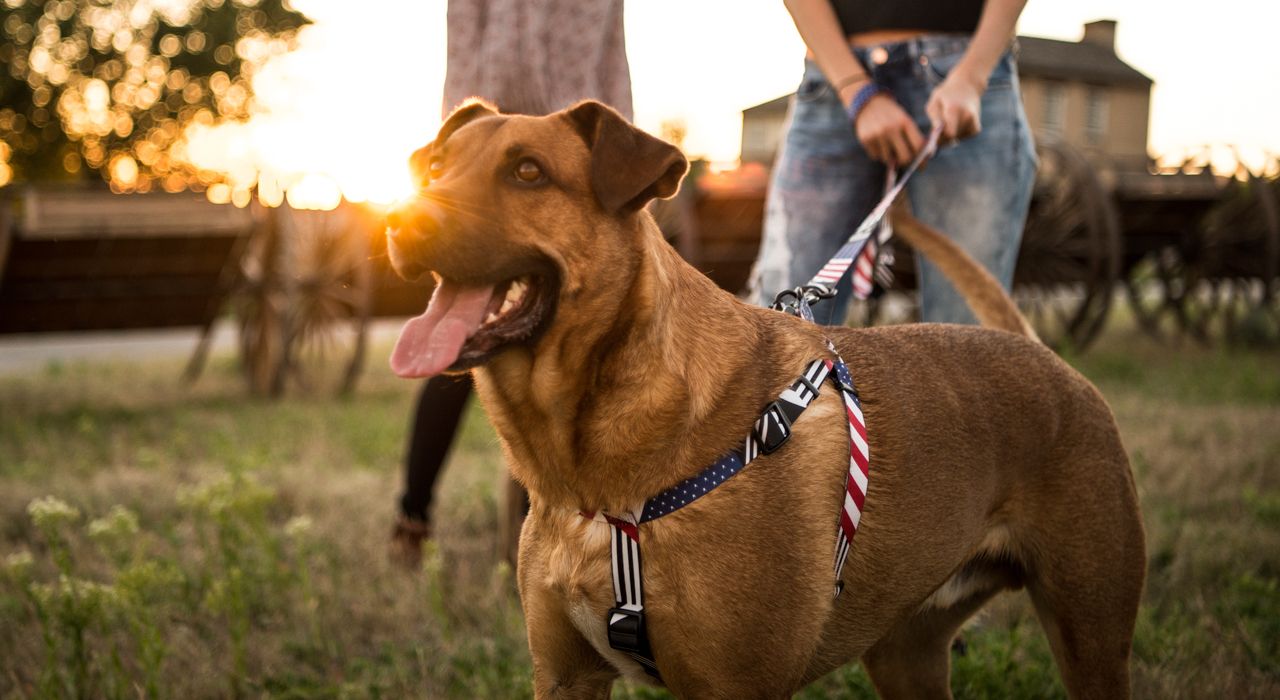
Why Is My Dog Shedding So Much? A Guide for Concerned Owners
Share
As a health-conscious pet owner, it can be alarming to notice your furry friend shedding more than usual. You're not alone in pondering, 'why is my dog shedding so much?' Shedding is a natural process for dogs, but understanding the underlying causes can help you better care for your pet.
This article will delve into various factors that contribute to shedding, including health issues, seasonal changes, and grooming habits. We'll cover practical solutions to manage shedding effectively while maintaining your dog's overall health.

Understanding the Natural Shedding Process
Dogs typically shed as a part of their natural cycle. Different breeds have varying shedding patterns, influenced by their genetic makeup. Shedding helps dogs get rid of old hairs and make way for new growth. However, certain conditions can exacerbate shedding.

Common Reasons for Excessive Shedding
Seasonal Changes and Shedding
Many dog owners notice an uptick in shedding during spring and fall. This seasonal shedding is due to changes in temperature and sunlight, prompting coats to adapt. Double-coated breeds, in particular, are notorious for heavy shedding during these transitional periods.
Health Issues
While shedding can be normal, sometimes it signals an underlying health issue. Allergies, skin infections, or hormonal imbalances can lead to excessive shedding. If your dog shows any unusual behavior or excessive bald patches, a visit to the veterinarian is advisable.
Diet and Nutrition Factors
Did you know that what you feed your dog can impact their coat health? A diet lacking in essential fatty acids can contribute to poor coat quality, leading to shedding. Ensure your dog receives well-balanced nutrition rich in vital nutrients.

Effective Grooming Practices
Regular Brushing
Maintaining a regular grooming routine can help manage shedding. Brush your dogs coat weekly, or even daily during shedding seasons. This not only removes loose fur but also distributes natural oils, promoting a healthy coat. For more tips on using a harness effectively during grooming, check how to adjust a dog harness.
Bathing Your Dog
Regular baths, using appropriate products, can also minimize shedding. Aim for a gentle shampoo designed for your dog's coat type. Make sure to rinse thoroughly to avoid any product buildup that can irritate the skin.

When to Consult a Veterinarian
If your dog's shedding seems excessive and you can't identify any seasonal or grooming-related triggers, its essential to consult a veterinarian. Conditions such as hypothyroidism or alopecia may require medical attention. Understanding when to seek help can prevent further issues down the road.
Preventing Excessive Shedding
Implementing a Balanced Diet
A healthy diet plays a crucial role in maintaining fur quality. Look for foods high in omega fatty acids, which can improve coat health and reduce shedding. If you're unsure where to start, consider checking with your vet for specific recommendations.
Maintaining a Stress-Free Environment
Stress can trigger excessive shedding in dogs. Create a calming environment with a comfortable space for your dog to relax. Engaging in regular playtime can also help reduce anxiety.
FAQs
Why is my dog shedding more during spring?
During spring, dogs typically lose their winter coat in preparation for summer, leading to increased shedding.
Can allergies cause shedding in dogs?
Yes, allergies can lead to excess shedding, often accompanied by itching, redness, or other skin issues.
How often should I brush my dog?
Brushing frequency varies by breed; however, most dogs benefit from weekly to daily brushing during shedding seasons.
If you're interested in understanding more about dog harnesses, visit this guide for extensive insights.
As an Amazon Associate, I earn from qualifying purchases.
